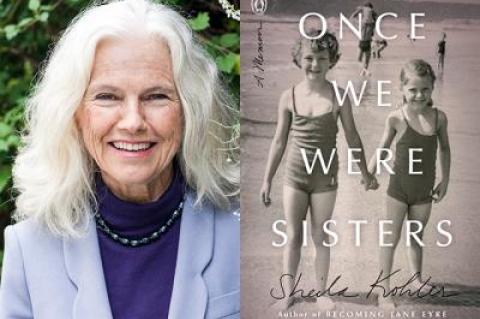Sheila Kohler’s “Once We Were Sisters” is a story of betrayals. Not a thousand pinpricks. A thousand sword thrusts.
Books
 Poems for Fractious Times
Poems for Fractious TimesFor National Poetry Month, a look at the poems in “Pushcart Prize XLI: Best of the Small Presses."
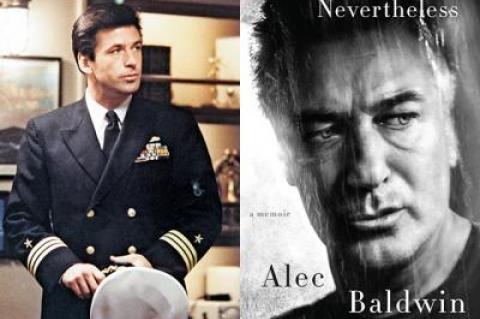 A Fighter Turns Thoughtful
A Fighter Turns ThoughtfulAlec Baldwin's memoir is more rueful than contentious, and intermittently evocative and wise.
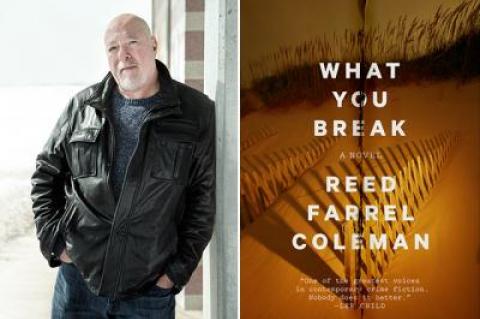 Existentialist With a Glock
Existentialist With a GlockThe setting for this tale of multiple mysteries is a prosaic but familiar one: Suffolk County.
Poetry Readings, Two of ’Em
April arrives Saturday, and with it, as sure as the spring rain, will come the tired journalistic references to “the cruelest month.” But National Poetry Month also brings with it something else inevitable, but more welcome, the open-mike intonation of poems by Billy Collins, that infuser of humor, revitalizer of the form, and professorial rock star among poets, to the extent such is even possible.
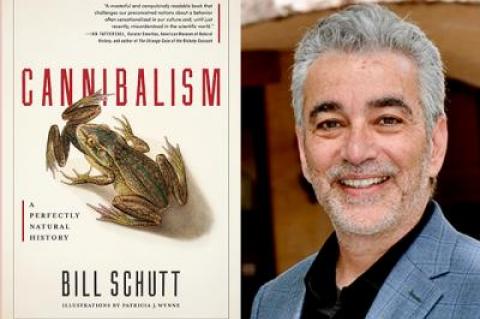 Yet Another White Meat
Yet Another White MeatIf there is a subtext to Bill Schutt’s latest book, it is to question the origin and the reasonableness of the taboo against consuming other humans.
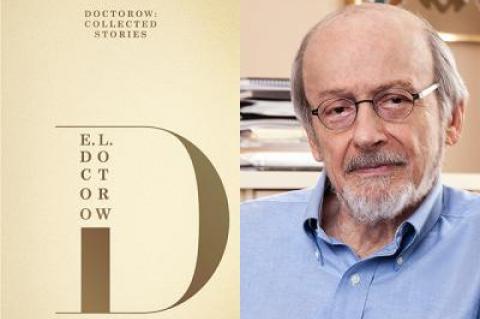 The Way We Live Now
The Way We Live NowE.L. Doctorow's famous authorial confidence, political commentary, and explorations of family life are on masterful display in this posthumous collection.
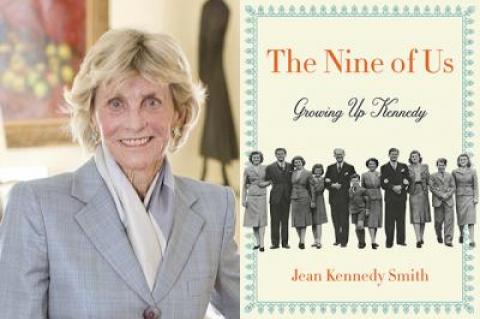 Better Days
Better DaysJean Kennedy Smith uniquely offers the vantage point of a kindhearted sister in a history-making set of siblings.
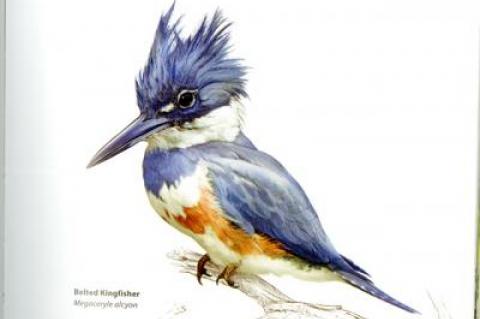 The Sound Gets Its Own Guide
The Sound Gets Its Own GuideFor a body of water 110 miles long and 21 miles across at its widest point, Long Island Sound somehow tends to be overlooked. Now, a new guide, beautifully illustrated.
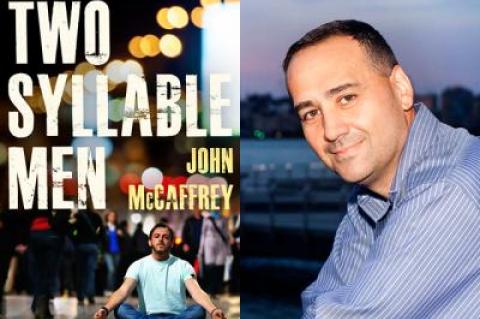 Calling Papa Hemingway
Calling Papa HemingwayA collection of stories that amounts to an existential search for pure masculinity in a time when the gender binary is rapidly decaying.
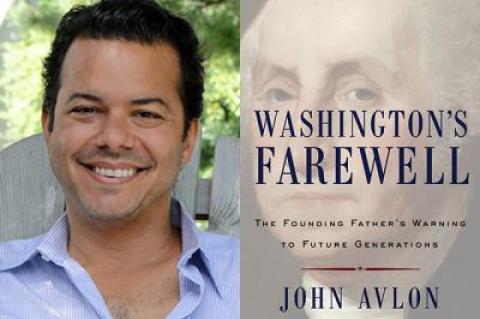 In the Name of Unity
In the Name of UnityGeorge Washington's Farewell Address was a rare moment in American history when a leader offered words more akin to Scripture, an inspired speech that outlined the nation’s principles and deepest purpose.
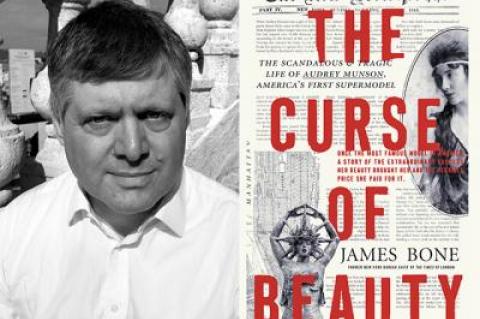 Beautiful Loser
Beautiful LoserIs beauty inherently interesting? Or is it simply that beauty arouses a kind of insatiable curiosity? Herewith, a consideration of the ultimate artist's model of her time.
If you’re looking for an easy-to-digest description of lighthouses, from their construction to modern-day automation to their role in the economic success of this country, this is the book for you.
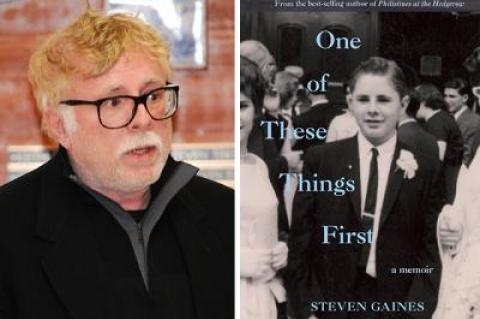 The Bad Old Days
The Bad Old DaysIt is doubtful that 50-some years ago there was a terrific place to grow up gay, but Brooklyn sounds, from Steven Gaines's memoir, like a particularly challenging one.
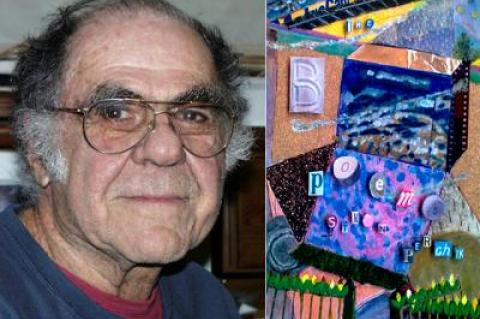 Doors to Discovery
Doors to DiscoverySimon Perchik is a master craftsman at his unadorned best as he explores the underworld in these deeply rich, elemental verses.
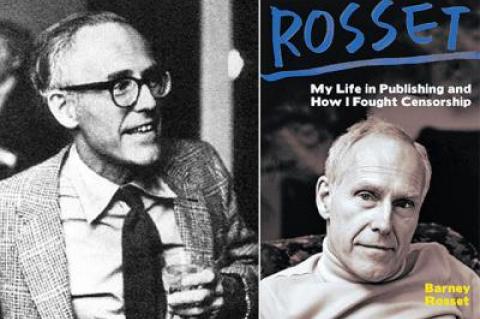 A Literary Provocateur
A Literary ProvocateurIt may be that no single person has done more to knock down the doors of censorship in art and literature in America than Barney Rosset.
OR Books, which this week came out with the hardcover of Barney Rosset’s autobiography, will celebrate the late and legendary publisher and East Hamptoner with a gathering at the Strand bookstore on Monday. That may be on Broadway in Manhattan, but at least one East Hampton author will be there, A.M. Homes, to be joined by other novelists: Dale Peck, Emily Gould, and Lev Grossman.
Starting at 6:30 p.m., they will discuss “the impact Rosset had in reshaping American culture,” according to a release.
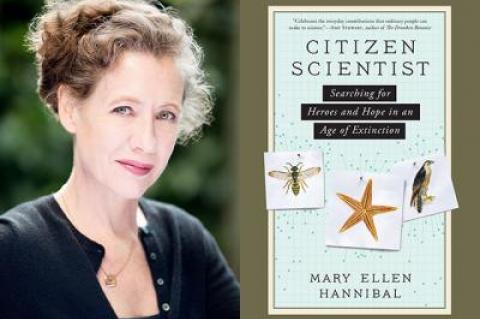 In Search of Heroes
In Search of HeroesMary Ellen Hannibal takes readers on an epic journey that traverses the terrain where the sciences and humanities meet and where hope issues from dialogue between the public and specialists.
Kurt Wenzel, our man in letters, picks the top 10 titles of the year past.
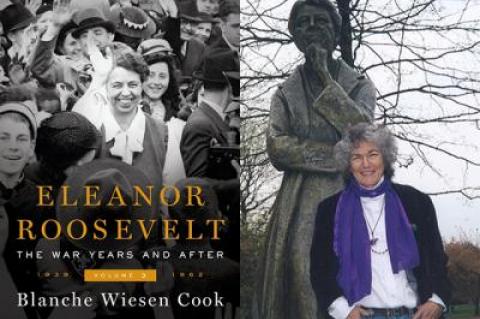 The Role Model
The Role ModelReading Blanche Wiesen Cook’s concluding volume of her three-part biography of Eleanor Roosevelt in the weeks following the 2016 election, one is struck by the parallels between her life and that of another former first lady much in the news this year, Hillary Clinton.
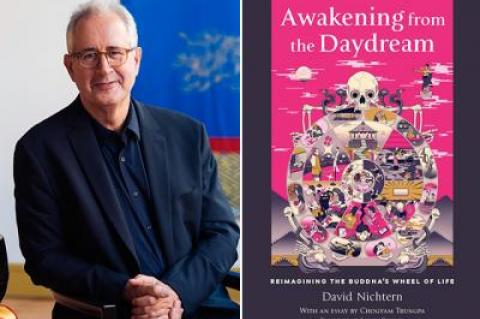 The Truth of the Matter
The Truth of the MatterDavid Nichtern, a meditation teacher, has written a remarkably useful and succinct handbook of Buddhist practice and psychological concepts.
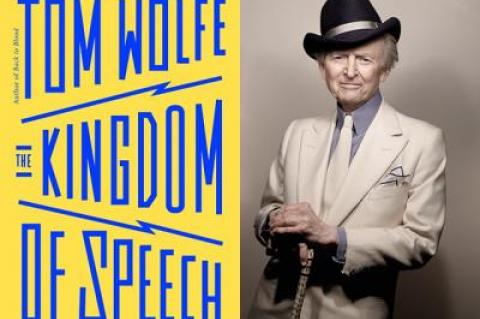 Chomsky, We Hardly Knew Ye
Chomsky, We Hardly Knew YeDoes Tom Wolfe know when he attacks mainline Christians as moo-cows that he will arouse a bit of miff?
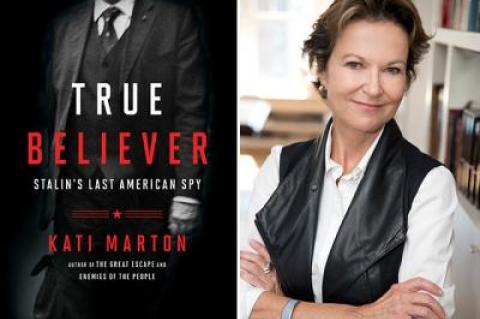 Siren Song of the Soviets
Siren Song of the SovietsWhy and how does someone come to embrace a compulsive myth and commit totally to a humanitarian cause for achieving worldwide perpetual perfection?
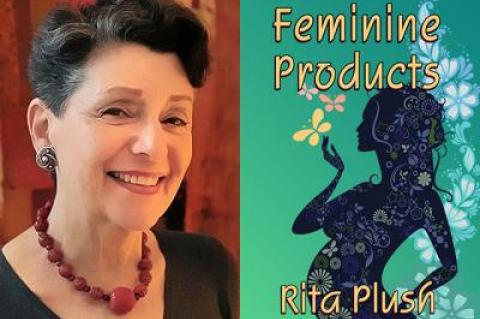 Wounded People
Wounded PeopleThe story of a daughter who's unlucky in love, her search for her deadbeat dad, and the solace he finds in a dollhouse.
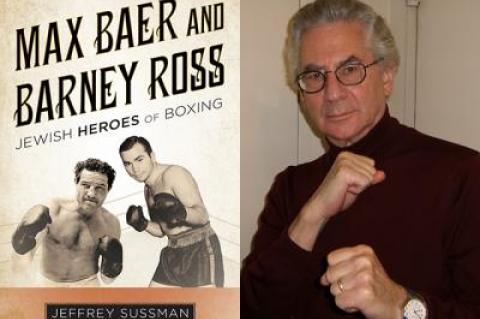 Off the Mean Streets
Off the Mean StreetsIf you think Jews as boxers sounds like a contradiction in terms, or a comical misprint, or perhaps a racist joke, you need to meet Max Baer and Barney Ross.
Keats observes the last World Series game of the year.
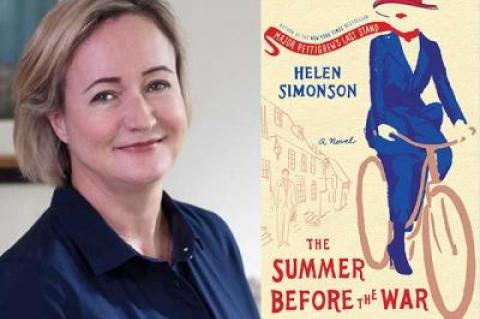 Watercolors in the Trenches
Watercolors in the TrenchesI'm grateful for novels that not only incorporate the World War I era, but bring it to life on an intimate scale: history writ small. That's what Helen Simonson has done masterfully in "The Summer Before the War."
 Politicized and Polarized
Politicized and PolarizedJames D. Zirin blames personal ideologies among the justices, identity politics, and rank partisanship for a compromised Supreme Court.
Readings with a Halloween theme, and an editor talks about the publishing business.

